FIOM Leader Criticizes Stellantis CEO Over Failing Strategy in Italy
Union Chief De Palma Criticizes Stellantis' Lack Of Investment And Job Security In Italy...
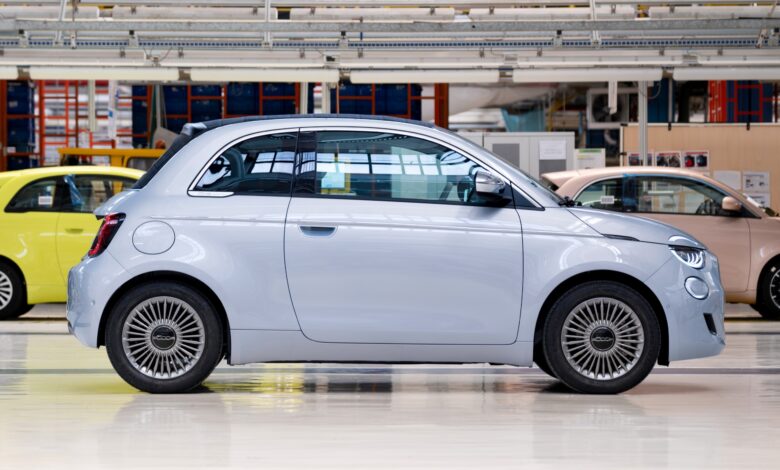
Michele De Palma, Secretary General of the Italian Federation of Metalworkers (FIOM), has voiced strong criticism of Stellantis CEO Carlos Tavares, particularly regarding the company’s strategy in Europe and its impact on Italy. De Palma’s remarks, made during a union gathering in Turin, paint a grim picture of Stellantis’ current position, with the union leader calling Tavares’ approach “unsuccessful” and highlighting a range of issues faced by workers in the Italian automotive sector.
Loss of Market Share and Lack of Investment –
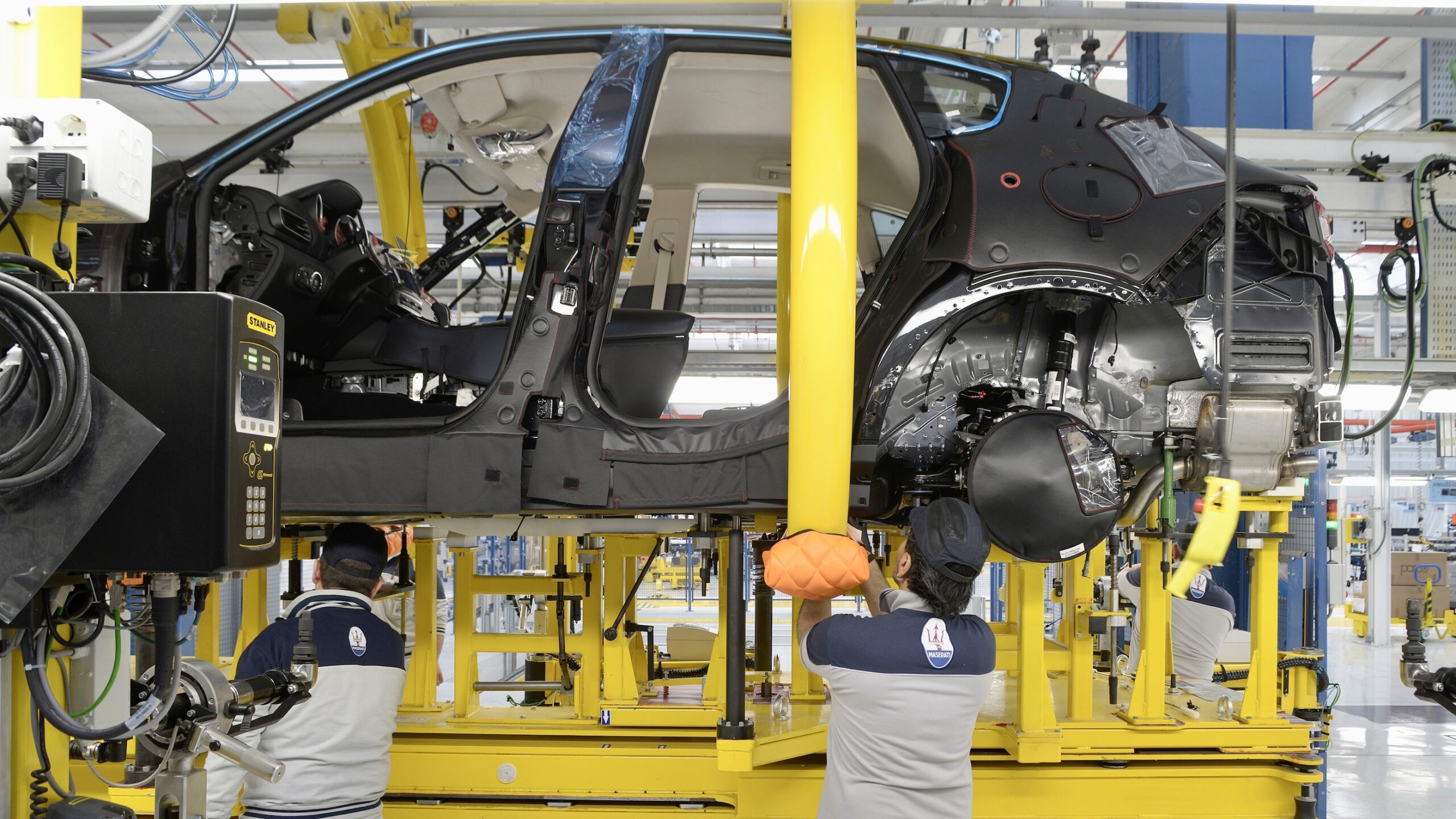
De Palma pointed out that Stellantis’ loss of market share in Europe reflects a broader failure of the company’s industrial strategy. In his view, Stellantis has not invested adequately in Italian factories, leaving workers uncertain. Many have been placed on redundancy for extended periods, with no clear industrial plan to secure the country’s future of jobs or production. He also criticized the Italian government, noting that for 17 years, workers have faced redundancy payments without a long-term solution to the sector’s problems.
“The automotive problem in Italy is not from the last year,” De Palma stated. “There has been redundancy for 17 years. Coinciding the issue of the transition with the problem of production is a demagogic operation.”
Comparisons to Past Leadership –

In comparing Tavares’ leadership to that of former Fiat Chrysler Automobiles (FCA) CEO Sergio Marchionne, De Palma noted that while the number of strikes at Stellantis plants may be lower, the underlying issues have worsened. According to him, the relationship between management and workers has deteriorated, with Tavares failing to deliver on promises of investment and job security. He emphasized that strikes are just one aspect of the broader conflict between workers and the company’s leadership.
Concerns Over Foreign Investment –
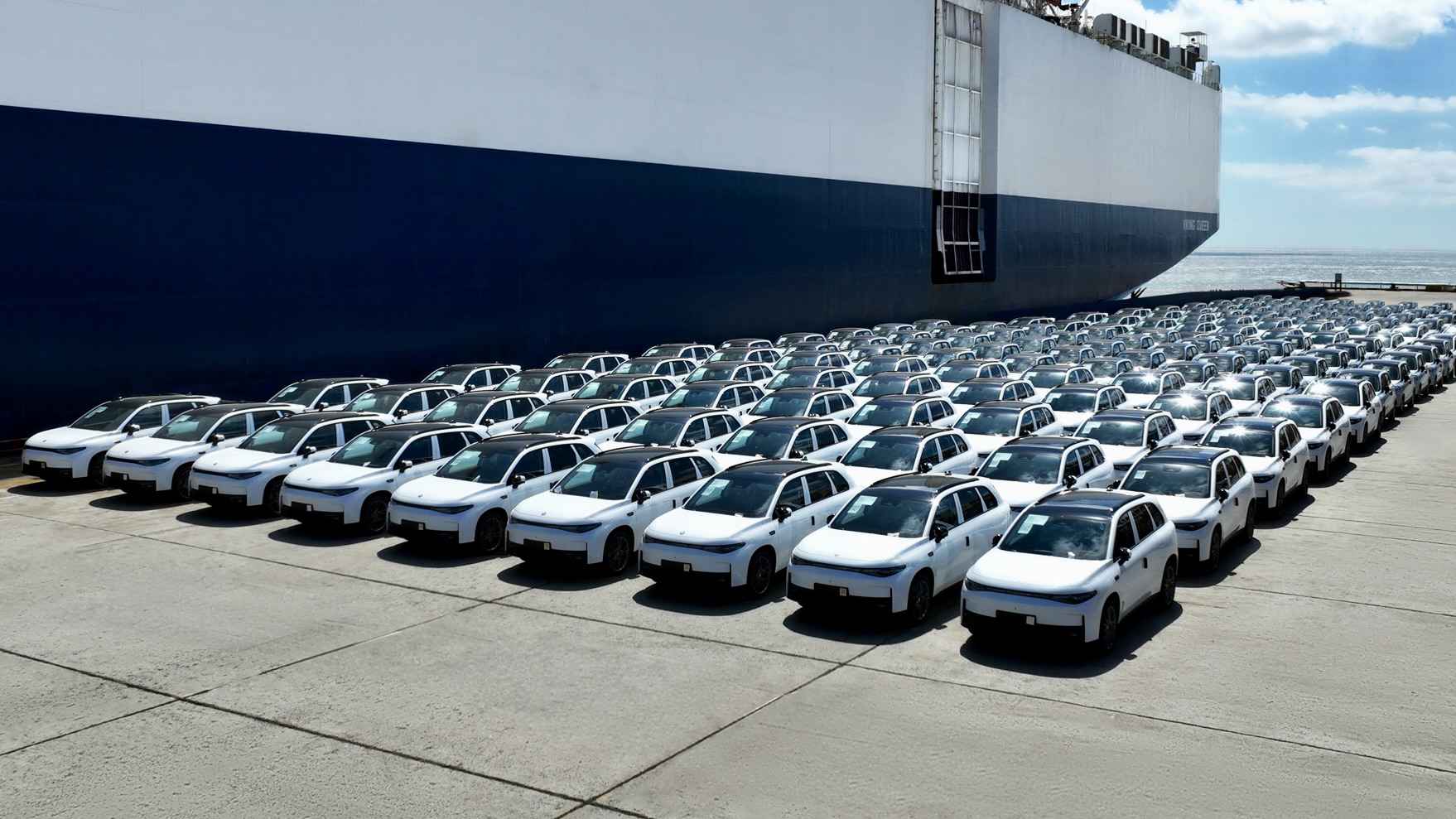
De Palma also raised concerns about Tavares’ approach to foreign investment, particularly the decision to partner with China’s Leapmotor and move production to Hungary. “Tavares has said several times that he would leave Italy if another manufacturer arrived,” he said. “Now, he’s bringing production of his Chinese partner to Hungary. Does this mean there are good and bad Chinese? Production should be done in our country.”
According to De Palma, this move only deepens concerns about the long-term future of Italian plants and the jobs they support.
Call for Government Action –
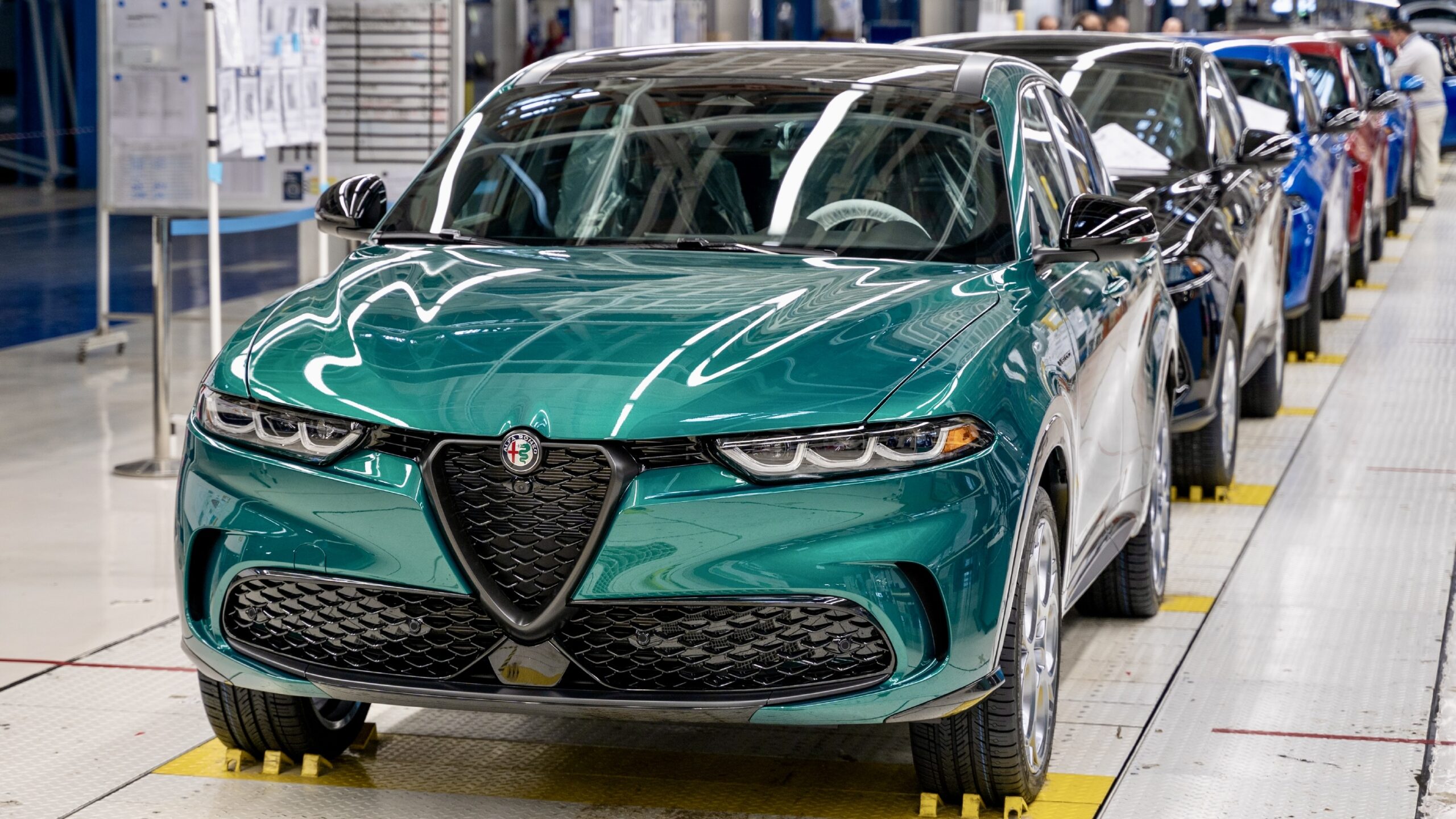
De Palma criticized Italian Industry Minister Adolfo Urso for not taking stronger action to safeguard the country’s automotive sector. He called for the issue to be escalated to the Presidency of the Council of Ministers, similar to how Germany has handled its automotive challenges. De Palma questioned the government’s ability to maintain production and employment levels amid the industry’s transition to electric vehicles (EVs) and hybrid technology.
“What is the guarantee that moving to 2035 will allow us to maintain production and employment in Italy?” De Palma asked, referencing the European Union’s deadline for phasing out internal combustion engine vehicles. He argued that past incentives and support given to the automotive industry have not translated into long-term job security or industrial growth.
National Mobilization and Contract Renewal –
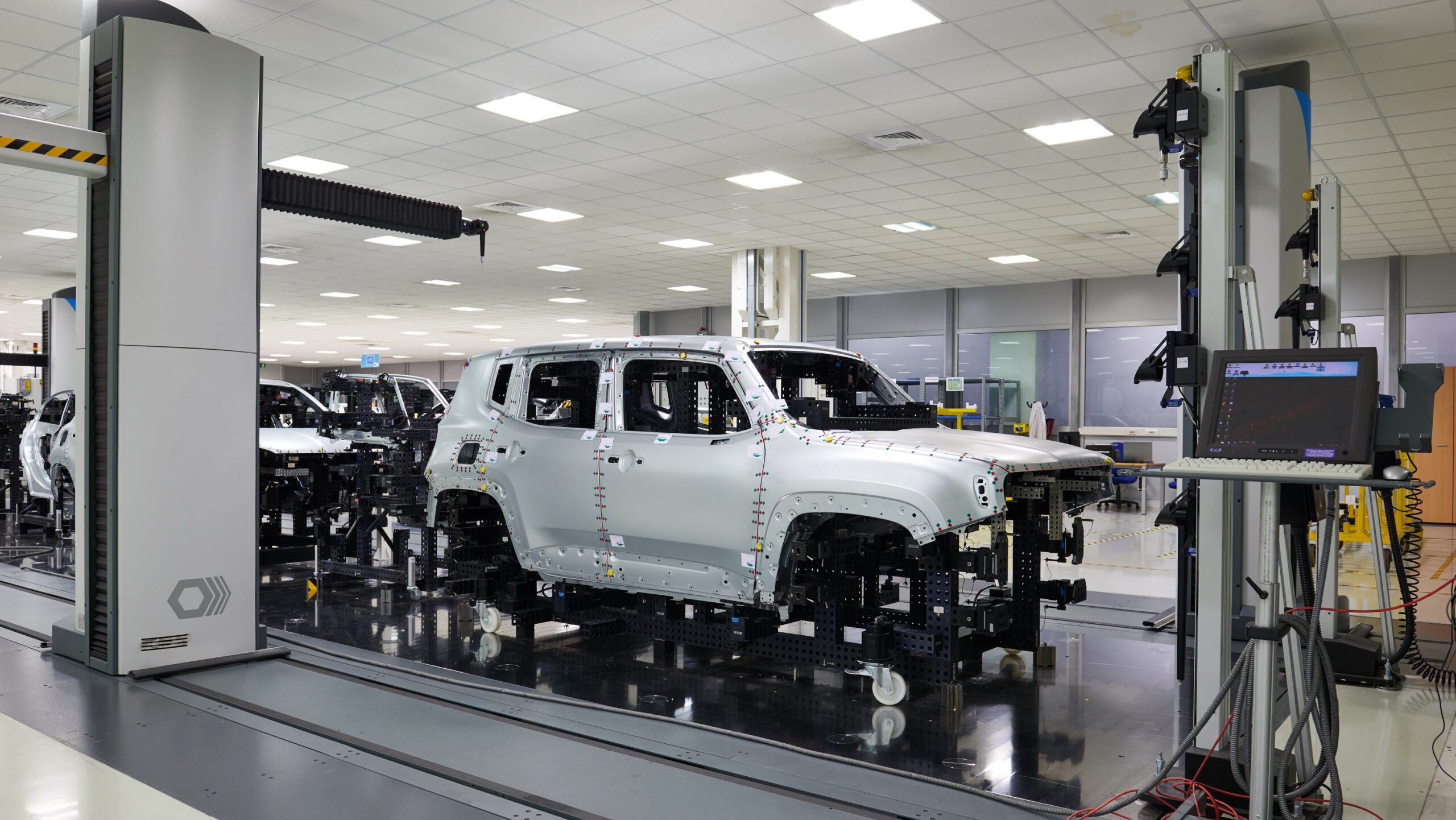
Looking ahead, De Palma announced that union members will meet with the FIM and UILM unions to plan a national mobilization effort to address the industry’s broader challenges. He also highlighted the ongoing discussions for the renewal of the national contract for metalworkers, stressing the need for higher wages, reduced working hours, and improved workplace safety.
Source: Nova News





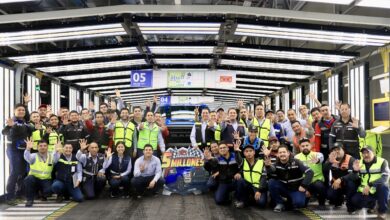
No replies yet
Loading new replies...
Join the full discussion at the Mopar Insiders Forum →